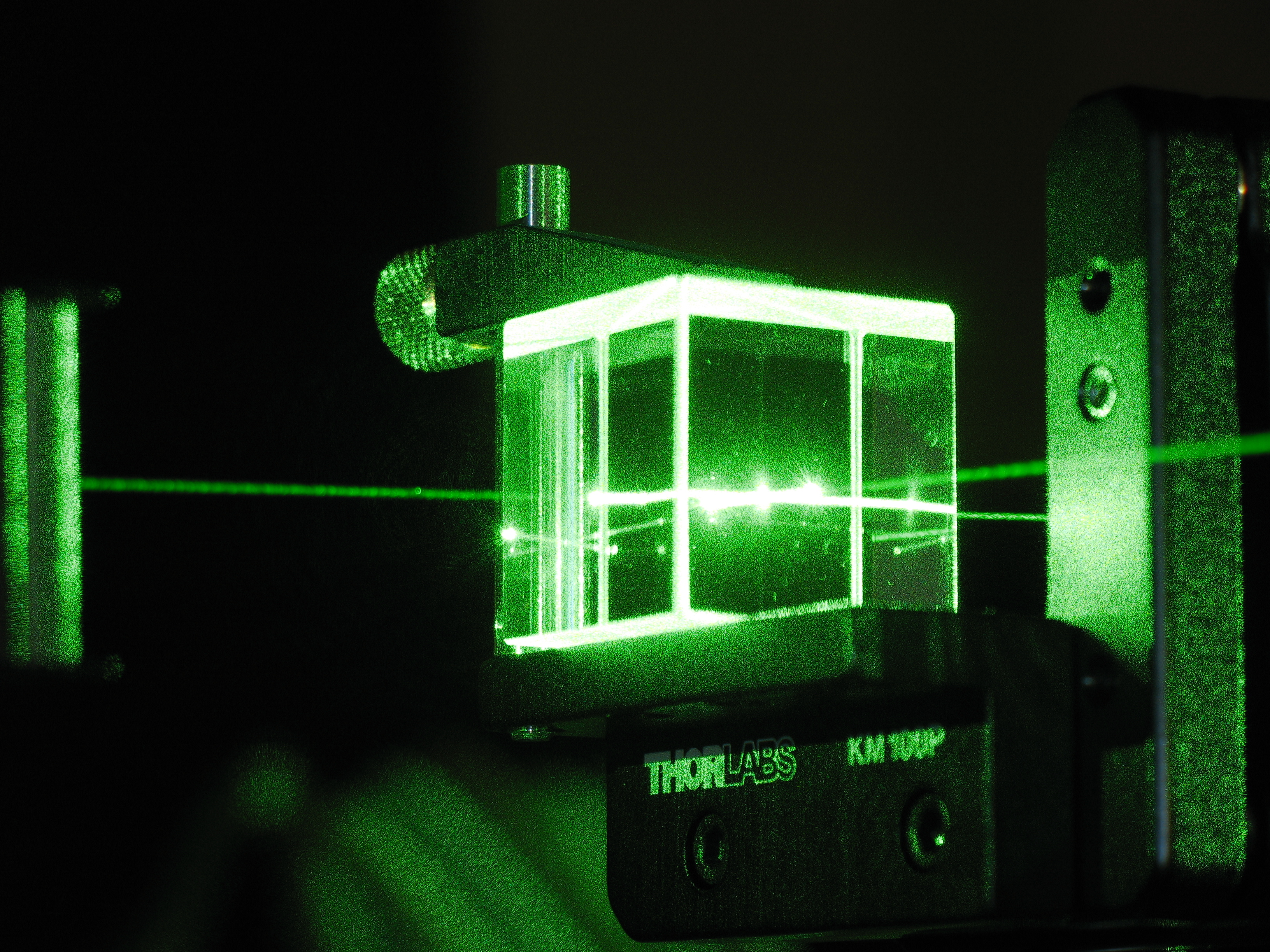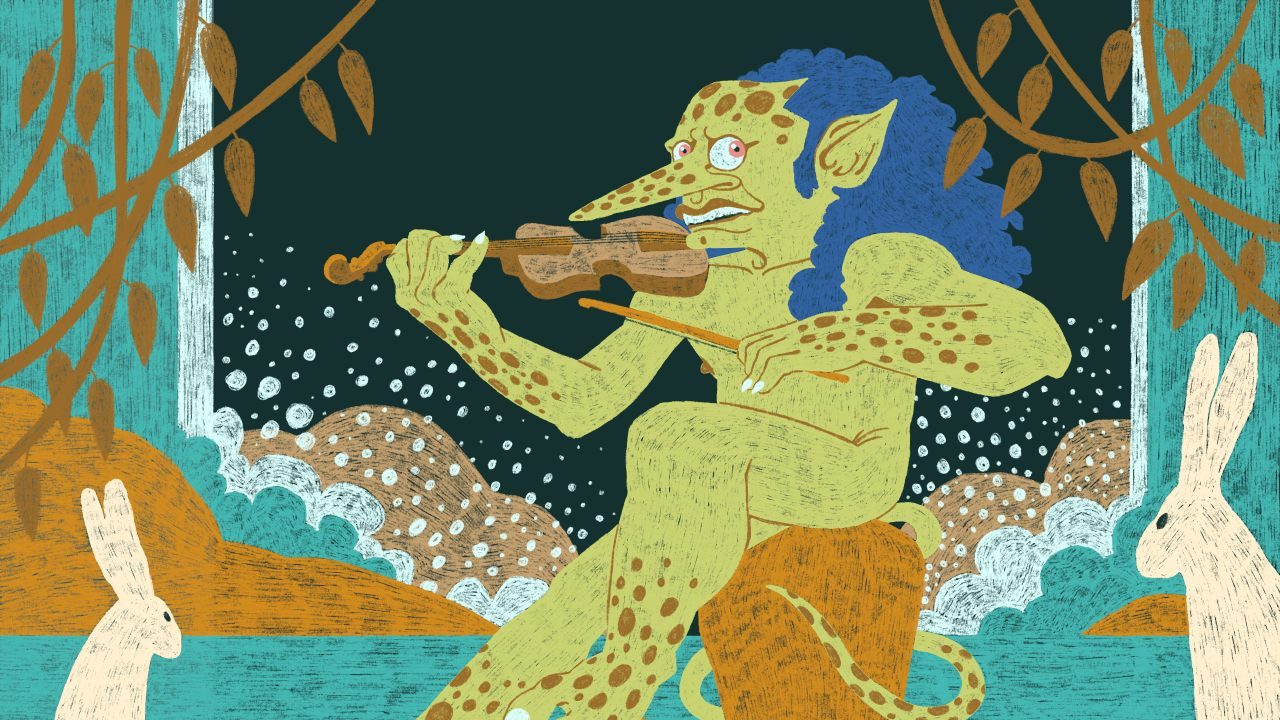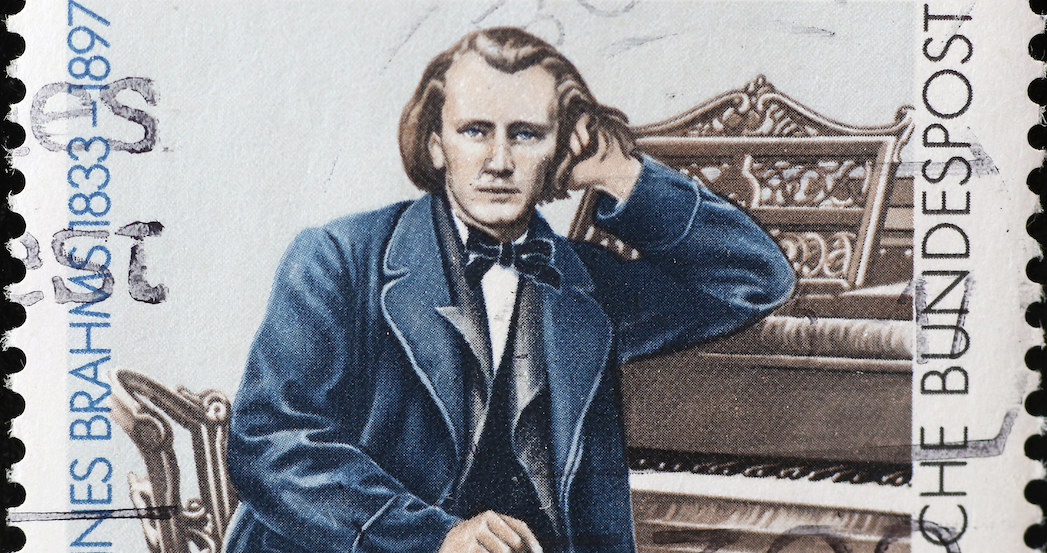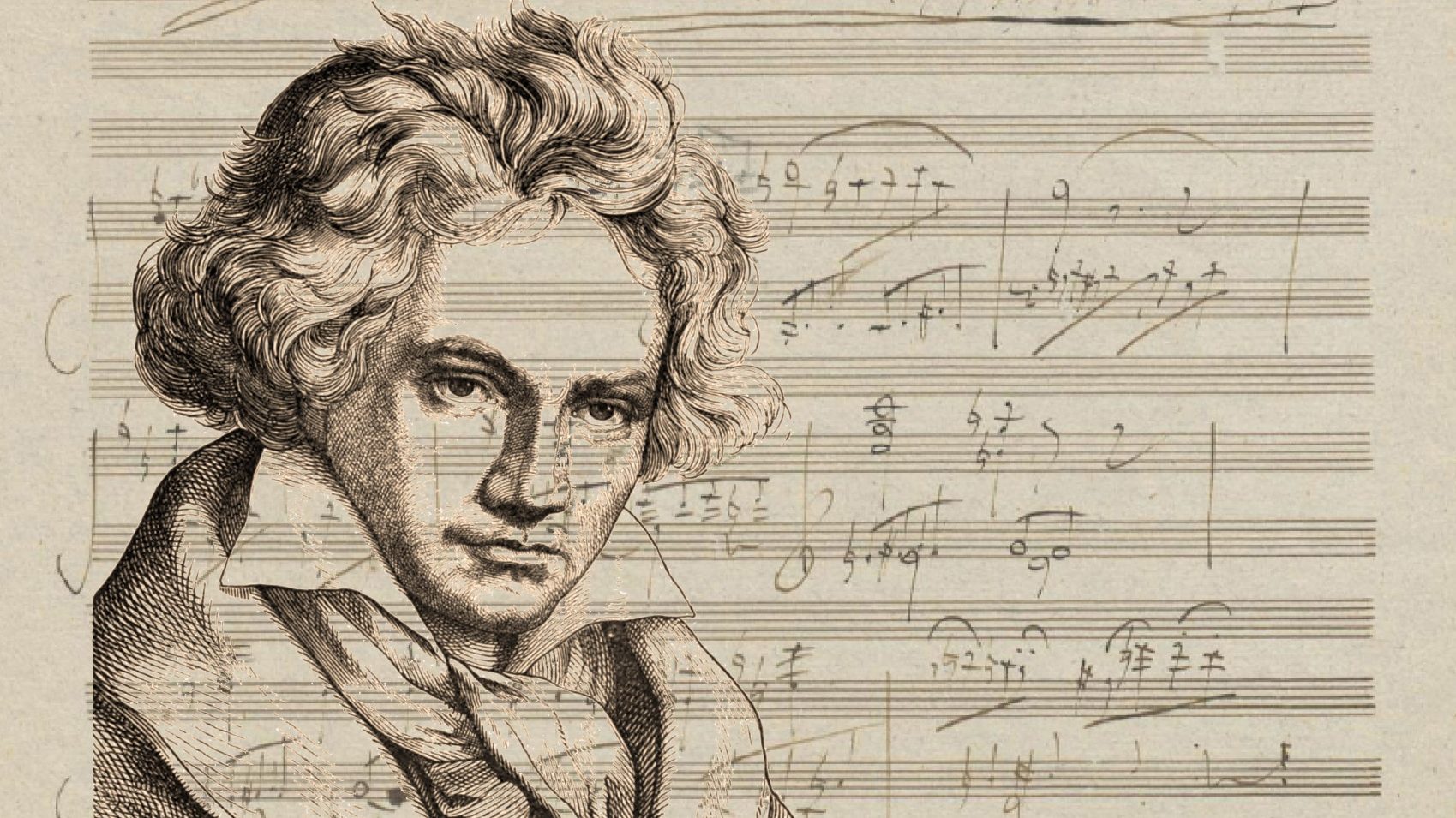Midori Goto: My Violin Is a Living Being

“My violin is one of my voices,” says concert violinist and humanitarian Midori Goto. In her Big Think interview, Midori talks about her very personal connection with her 1734 Guarnerius del Gesu “ex-Huberman” violin, which is on a lifetime loan to her from the Hayashibara Foundation. She considers the priceless Italian-made instrument a “wonderful partner” rather than an extension of herself, and the two of them have a wonderful chemistry together: “Another player playing the exact same violin would sound very different,” she says. Midori treats it like a “living being,” and like a living being, it can be temperamental. Sometimes it gets “grouchy,” but with the proper care and maintenance, its sound is unparalleled, she says.
Midori, who plays in the New York Philharmonic (led by recent Big Think interviewee Alan Gilbert), says that before a concert she no longer gets nervous because she doesn’t hype up each performance as something “ultra-special.” But she is very conscious of having to prepare physically for each time she goes up on stage: “In a way, it’s very much like an athlete… We warm up our bodies so that the body can be relaxed, to take on the stress or the pressures of the performance.” Playing the violin is more physical that you would think, she told us. That said, Midori doesn’t “work out or lift weights or try to build muscles or anything like that.”
And for those aspiring to be the next Midori Goto, she offers some advice on what it takes to be a concert violinist. Most importantly, musicians must open themselves up their surroundings. She urges them “to be sensitive to the sounds, to the emotions, to the beauty of things.” There isn’t one particular set of characteristics or personality that has what it takes to be a concert violinist, but being “open to different ideas, different worlds, different experiences” is very important, she says.





